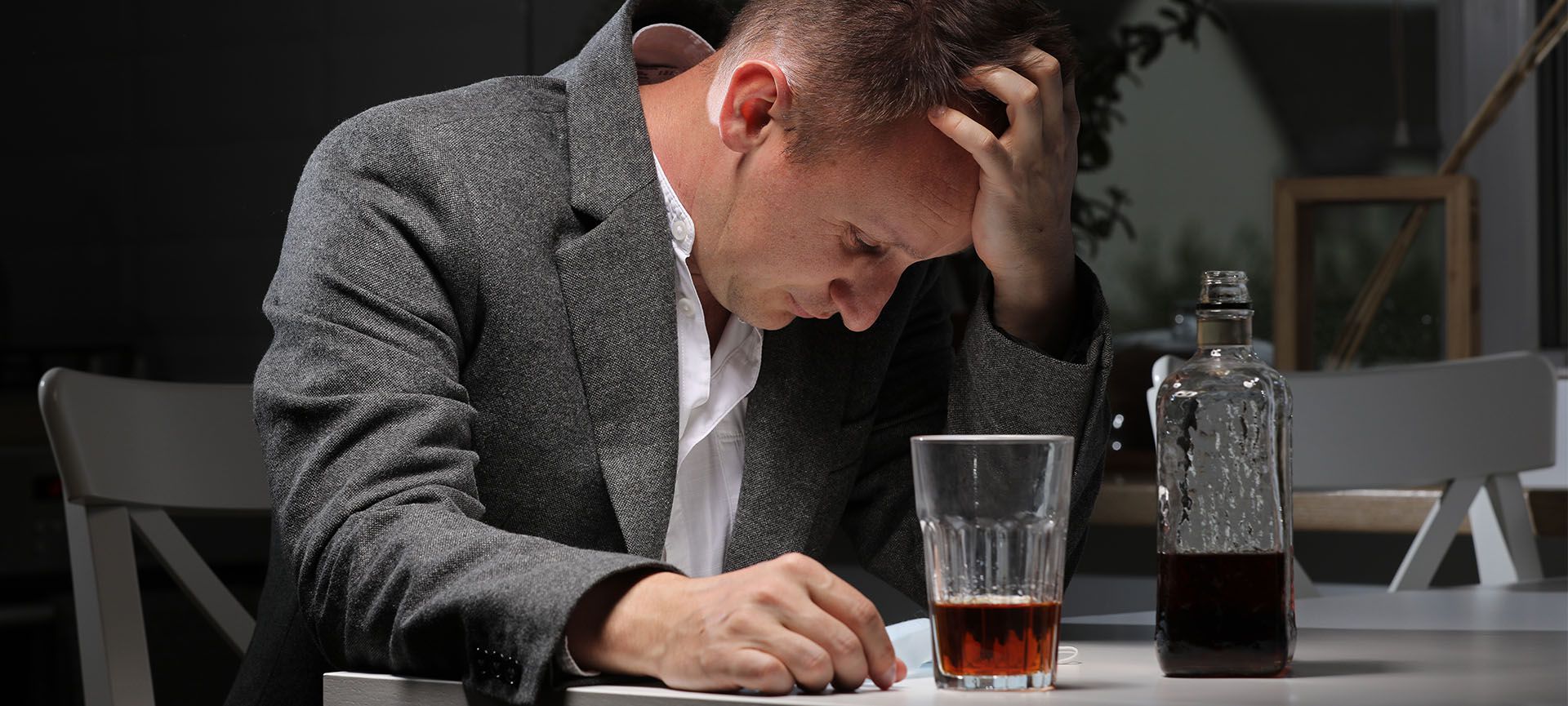The conversation about family therapy for addiction treatment is a long overdue one. Ordinarily, you may be inclined to think that only the one who has the substance use/abuse problem needs to deal with the situation. In reality, that’s not entirely true.
If your family isn’t actively involved in helping an addicted member, you can unwittingly trigger a relapse. This is because addicts need a strong support system if they are to quit their indulgences.
This support system provides an excellent means for accountability/encouragement. Alongside that is the need for your family to heal from the negative effects of the (in)actions of the addicted member. So, for thorough healing, family therapy must be employed for addiction treatment.
But, those few sentences aren’t exactly enough to go on. So, we’ll be taking a deeper look at the crucial roles of family therapy in addiction treatment.
What is the Importance of Family Therapy for Addiction Treatment?
There are several benefits of family therapy in addiction treatment. Of course, it may require some getting used to. This is especially so considering how your family’s vulnerabilities may be put on display. Ultimately, there is more good than harm in the process. Here’s why:
Understand the nature of the addiction problem
Drug abuse often starts with just a little sniff, one tiny injection, or just one pill. Hardly anyone gets into doping because they want to get addicted and cripple their lives.
However, after the first, the brain begins to crave more. After all, who wouldn’t want “happiness hormones.” The addict keeps on going back even if they swear to stop.
Eventually, the body starts needing more drugs to get the bare minimum. This quickly becomes a problem when the supply of drugs thin out. Unable to get their supply, drug users can become aggressive. Worse still, they can become cripplingly depressed, or too anxious to function.
All these will affect their behaviour negatively and may spill onto family members. This will cause rifts in the family relationship. Ultimately, it can be counterproductive for addiction recovery and treatment.
Family therapy helps every member involved to understand these behaviours and their causes better. Also, it can create a feeling of sympathy. This will then translate to much-needed tolerance and support.
Helps to point out negative family dynamics
Many families unwittingly promote their members’ addiction through certain behaviours. For example, it is a known fact that many people get into drugs to cope with depression. In an abusive family, the children in the house are likely to become emotionally affected.
Eventually, they start to crave an escape just to cope with the constant yelling and physical abuse. Unfortunately, the craving rarely stops after the first trial. The teenage child is likely to become dependent and turn into an addict eventually.
However, this is not the only scenario of negative dynamics fostering addiction. When a person has already ventured into substance use and abuse, certain negativities make things worse. Among others, constant judgement and obvious acts of contempt are good examples of these negativities.
By including family therapy as a part of addiction treatment, every party involved can see what behavioural patterns worsen the situation. If you’re an enabler, family therapy will help point that out during the addiction treatment process.
If your abusive tendencies make things worse for your loved one, a family therapist will spot it. Eventually, you’ll learn and work out ways to stop these behaviours so you can efficiently promote healing.
Improves your level of communication significantly
More often than not, drug abusers isolate themselves from everyone, including their family members. The only possible exceptions to this pattern of ex-communication are those that enable or support their addictions. These kinds of people usually include friends that introduced them to drugs in the first place.
Nevertheless, when drug addicts isolate themselves, communication becomes hard. In the beginning, you may notice it’s difficult to sustain a reasonable conversation. As time goes by, you’ll find out that conversations rarely happen. You may even stop seeing them outside their rooms. Unfortunately, without being able to talk to them, you’ll be unable to help or support them.
One of the benefits of family therapy for addiction treatment is that it repairs this broken communication chain. With everyone ironing out the addiction issues, you can begin to have decent conversations again.
When your sessions are over, the addicted family member will start feeling more comfortable around you. Eventually, communication will resume fully. When that happens, you can help your loved one get through this challenging phase.
It helps to regain trust
Addiction and dishonesty often go hand in hand. One common trait among addicts is how some occasionally tell lies just to get more drugs. It’s not uncommon to see children tricking their parents for cash to this end.
Another example is how an addict will promise his/her significant other that they’ll use the money for important things. Eventually, they’ll end up blowing it on drugs and pills.
Even outside finances, addicts sometimes lie about their rehabilitation process. More often than not, they’ll lie about how they’ve recovered significantly. This painful string of dishonesty can cause family members to lose trust in the addicted person.
As such, they may become apathetic towards his/her situation. The worst happens when they choose to stop supporting emotionally and financially.
Without the slightest trace of a doubt, we can confidently say distrust is detrimental to the desired goal. This is why family therapy for addiction treatment is important. It helps to bring family members back together and repair burnt bridges of trust. When there is trust, you can then learn to support your loved one through rehab wholeheartedly.

Helps to create structures required to avoid/deal with relapses
Addiction is an incredibly serious issue. So much so that it has the potential to be a major roadblock in individual and family progress. By the very nature of the condition itself, it doesn’t go away easily. You may like to think that a few visits to the therapist will do the trick. However, in reality, things aren’t so simple.
There will be difficulties and challenges. Some may be so significant that they’d cause a relapse. Sad as this may be, you shouldn’t be discouraged. By including family therapy as a part of addiction treatment, you’ll be better equipped to deal with it.
You can sense the signs before they eventually lead to a relapse. As soon as you do, you can halt the relapse in its tracks. If it does happen, you can help your loved one get back on the path to healing.
In Conclusion
Family therapy for addiction treatment is just as effective as it is rewarding. Among other things, you’ll be able to heal your family from the negatives of addiction. This is apart from how it helps your loved one through the rehabilitation process.
However, the longer you wait before acting, the more deeply rooted these negatives can become.
While it isn’t too late yet, you should take a step now. To get started, check out our addiction treatment services. Our sole aim is to guide you and your loved ones to healing and a better, cleaner, healthier life. Contact us today!
Related article: Does Family Therapy for Addiction Work?







